The processes by which the various colonies gained their independence varied. In some parts of the world, the struggle was peaceful and non-violent, while in others sovereignty was won through armed conflict.
Some colonised peoples used boycotts and passive resistance to fight for their cause. This was the case in India, around 1930, where a man called Gandhi encouraged the population not to buy products from the metropolis (the United Kingdom) and not to pay their taxes. Sometimes these peaceful means were enough to gain independence. However, other colonies resorted to force. This was the case in Indochina, which used violence to break free from France's grip and, a few years later, create three independent states: Cambodia, Vietnam and Laos.
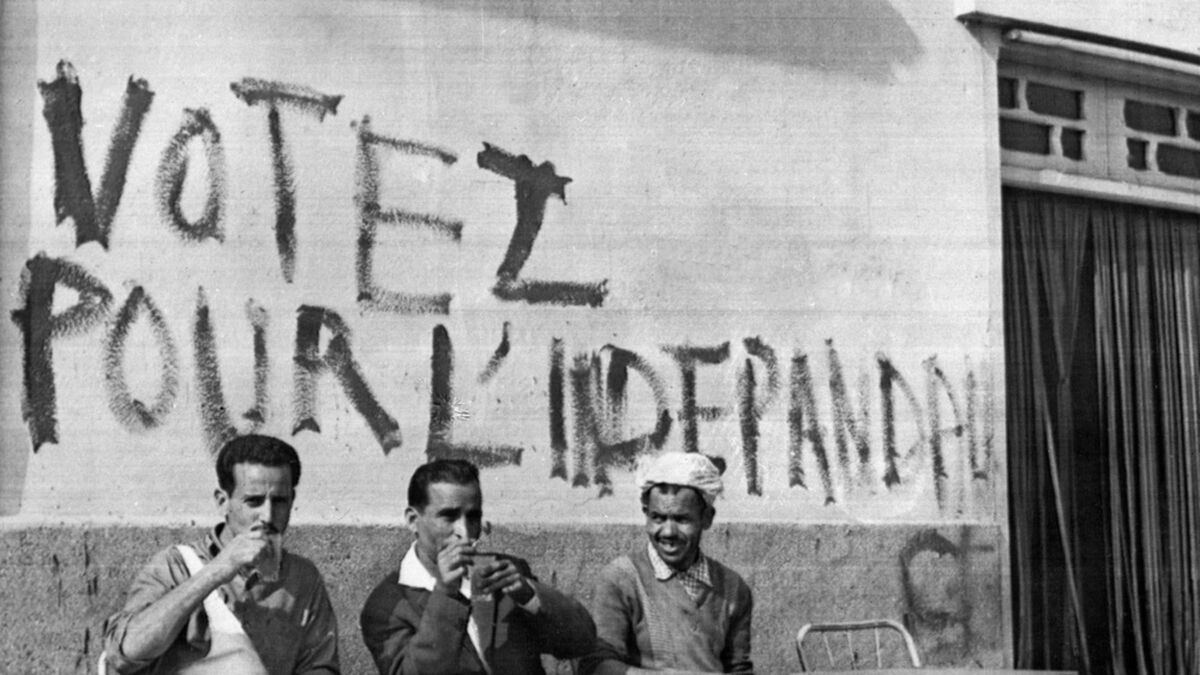
Note: English image coming soon
In 1955, representatives from 29 African and Asian countries met at the Bandung Conference. These countries had all experienced colonialism and were experiencing financial difficulties. In fact, despite the fact that their countries' populations make up half the world's population, their economies account for only 8% of the world's wealth.
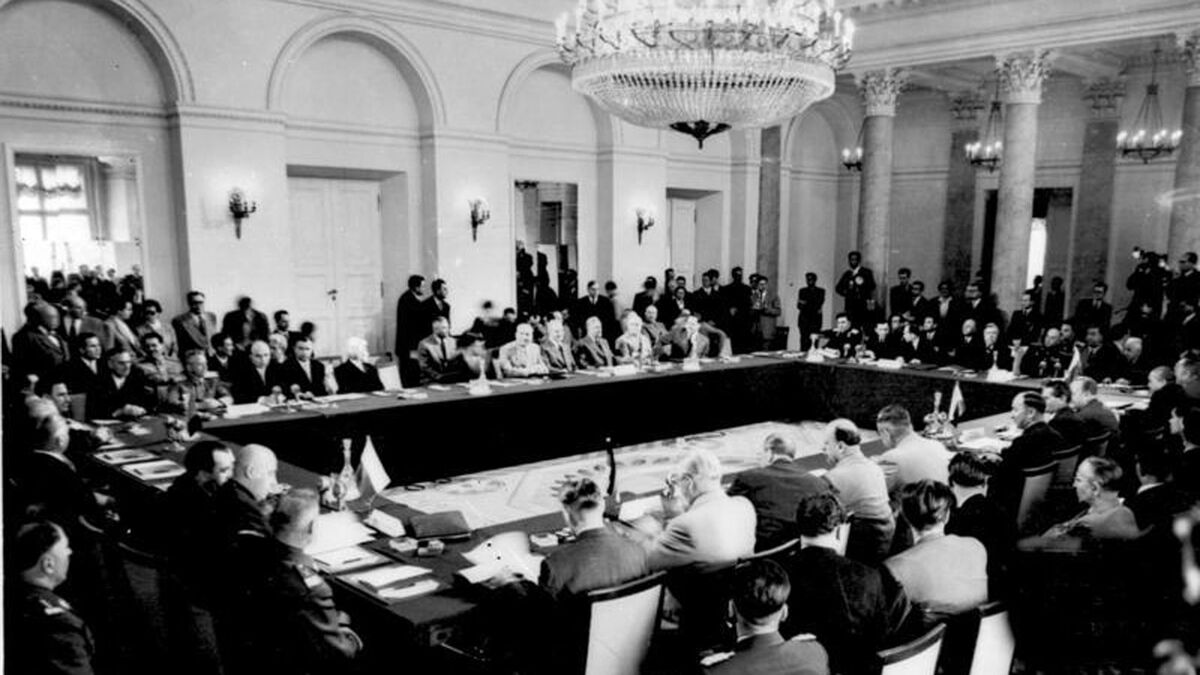
Gandhi was an Indian scholar and revolutionary who campaigned for India's independence. He believed that India should not take part in the Second World War alongside its metropolis, the United Kingdom. He encouraged the population to rebel, always peacefully, and to fight for India's independence. Following an armed conflict in Calcutta, Ganghi went on hunger strike to persuade his people to lay down their arms.
He also worked to make India a fairer society by advocating equality between individuals of different social classes. In short, this great man, who always had an attitude of acceptance and tolerance towards differences between individuals, made a major contribution to the peaceful movement to decolonise India.
This politician, poet and teacher is an important figure in the recognition of Senegalese culture. During his presidency of Senegal, from 1960 to 1980, he worked to make his country a fairer, more egalitarian and more peaceful place. He dreamed of a society where all ethnic groups would live in harmony. Senghor was also highly critical of the colonialist system and the acculturation of the black peoples of Africa.
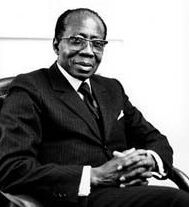
Obviously, the colonial empires opposed the decolonisation process. For them, their colonies were an important source of revenue and proof of their military power. Several actions, military or otherwise, were taken by the colonial empires in order to keep their gains.
For example, France, risking losing its colonies, declared that all the inhabitants of the great French empire were equal in freedoms and rights. Despite this, the colonies wanted independence. France peacefully granted independence to Morocco and Senegal, but refused to give the same privilege to Indochina and Algeria, where military battles for sovereignty took place.
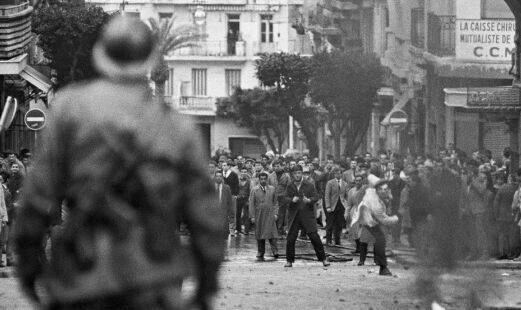
Thanks to their struggle to assert their independence, several former colonies became countries. The map of the world therefore changed considerably during the 20th century. New countries emerged that were in fact former colonies. In 1960, in order to avoid armed conflict and violence during the decolonisation process, the UN (United Nations) introduced a declaration of independence for the colonies. This new measure obliged the metropolises to negotiate the independence of their colonies peacefully. More than twenty African countries were among those to gain their independence.
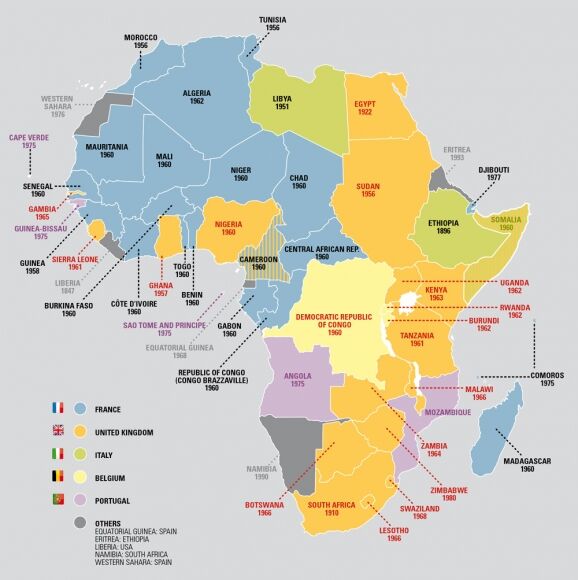
Note: English image coming soon
